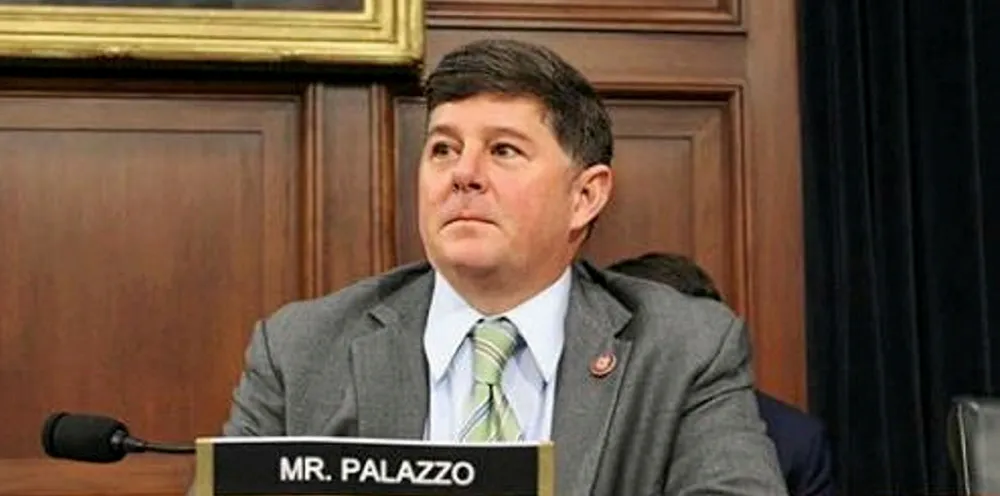Cargill, Red Lobster-backed legislation gets new chance to 'usher in a wave of American aquaculture'
The bill, backed by several seafood giants, would create an office for NOAA to lead a permitting process for offshore aquaculture development.

The bill, backed by several seafood giants, would create an office for NOAA to lead a permitting process for offshore aquaculture development.
